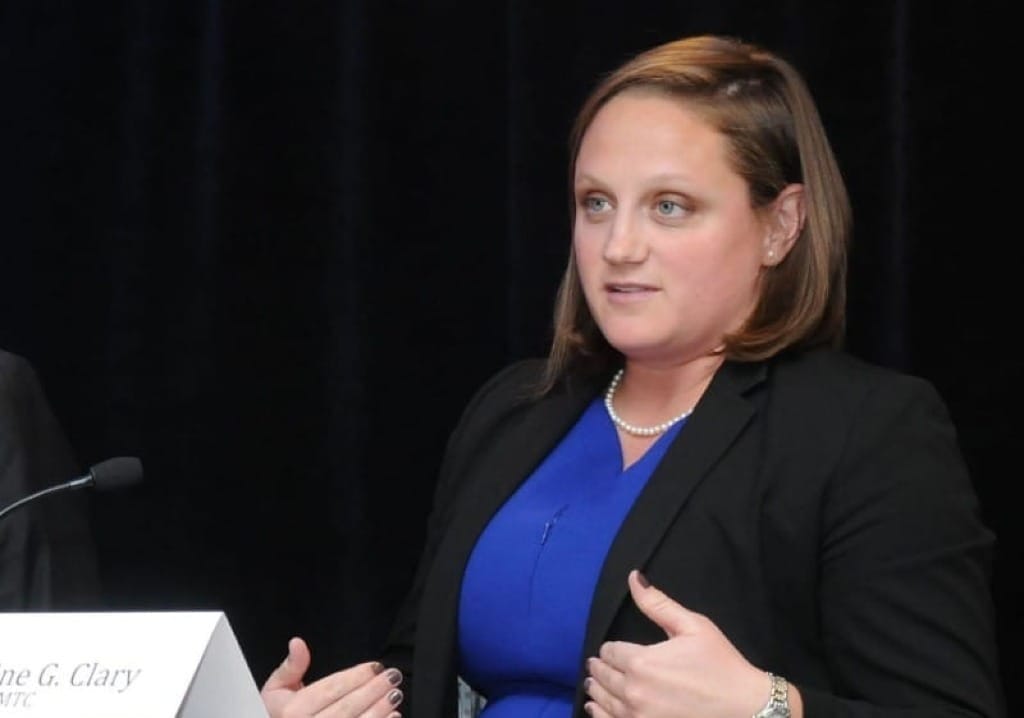Altice USA Wants FCC to Address Utility Delays in Pole Attachments
Utilities have not complied with FCC rules requiring updated lists of approved third-party contractors for pole work, broadband ISP said.
Jericho Casper

WASHINGTON, Nov. 5, 2024 – The Federal Communications Commission needs to crack down on pole owners who are creating obstacles and delays to broadband deployment, according to a major cable broadband provider.
Last week, Altice USA met with FCC officials to press for reforms to streamline pole attachment processes crucial for timely expansion of high-speed internet networks.
A major sticking point, noted in the company’s filing to the FCC, was that utilities often fail to maintain adequate lists of approved contractors, forcing broadband providers to rely solely on utility-chosen options, which can lead to delays.
“Altice regularly encounters this issue when working with large power companies, which require attachers to pay the company to do or subcontract the make-ready work and provide no alternative contractor options,” the filing, signed by Jacqueline Clary, senior counsel for Altice USA, said.
Although FCC rules effective since July require utilities to keep a “reasonably sufficient” list of contractors authorized to perform make-ready tasks, Altice contended that “utilities typically do not comply with this requirement.”
To address this, the broadband provider proposed that the FCC enforce rules requiring utilities to approve third-party contractors within 30 days, unless utilities provide written justification for refusal.
Without such enforcement, “it is highly unlikely utilities will maintain pre-approved contractor lists or approve non-listed contractors in a reasonable period of time,” Altice said.
Altice, which serves around 4.4 million broadband Internet customers, also pointed to arbitrary limits some utilities impose on pole applications.
“Altice is currently attempting to build out a network in a territory with poles owned by a very well-known, large power company that enforces a limit of 50 poles per application but that will not accept more than one application per week,” the filing stated. The company argued that these practices effectively circumvent the FCC’s prescribed timelines, slowing progress on large-scale projects.









Member discussion